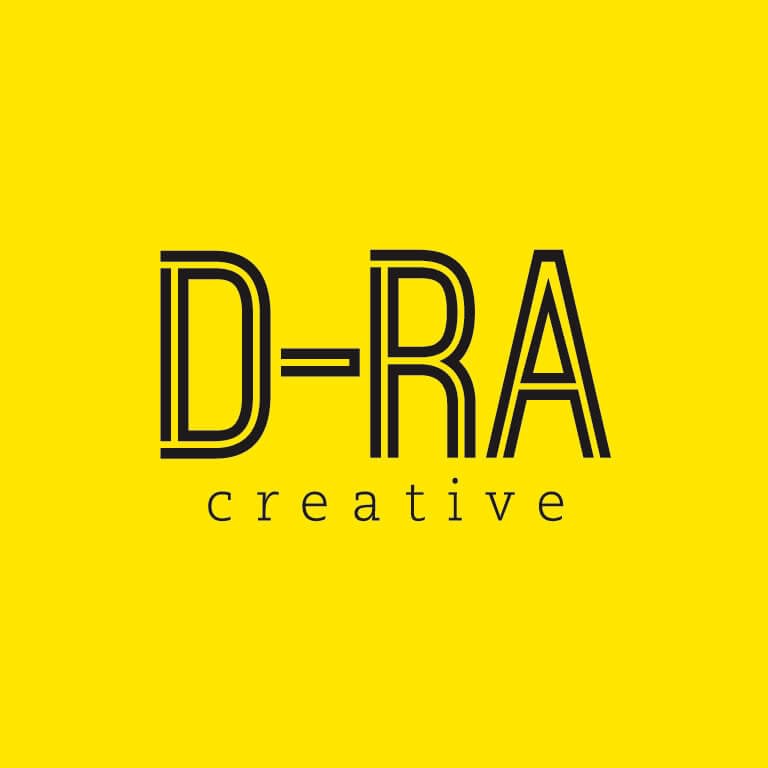The Significance of Design in Professional Endeavours: An Exploration of Priorities

Design is a fundamental aspect of any professional endeavour, encompassing visual aesthetics, functionality, and overall user experience. It is disconcerting to observe that some professionals do not allocate sufficient time and attention to the design of their products, services, or personal brands.
This article delves into the reasons behind this phenomenon and underscores the importance of design in achieving long-term success and fostering meaningful connections with audiences.
Time Constraints and Priorities:
Professionals often operate within a fast-paced and demanding environment, where deadlines, client expectations, and the pressure to deliver results can take precedence over design considerations. The urgency to meet immediate objectives may inadvertently lead to the neglect of design aspects. Furthermore, misconceptions about design as a non-essential or time-consuming component can cause it to be marginalised in the decision-making process.
Lack of Awareness:
Some professionals may not fully grasp the transformative impact that effective design can have on their business. Design is not merely about aesthetics; it influences how users perceive and interact with products, services, or brands. Professionals who are unaware of the psychological and emotional impact of design may underestimate its significance and allocate inadequate resources.
Perceived Costs vs. Long-Term Benefits:
Investing time and resources in design may be seen as an added expense, particularly in contexts where immediate financial gains are prioritised. However, this perspective overlooks the long-term benefits that exceptional design can bring. Well-designed products and experiences create positive impressions, leading to customer loyalty, increased engagement, and ultimately, higher returns on investment.
Misconception of Complexity:
Some professionals might perceive design as a complex realm, requiring specialised skills or extensive training. This misconception can deter them from engaging with design processes or seeking professional assistance. In reality, design principles can be learned, and collaboration with design experts can yield exceptional results.
Short-Term Focus vs. Sustainable Success:
A focus on short-term goals might lead professionals to cut corners on design, believing that it does not directly impact immediate outcomes. However, sustainable success is built on a foundation of quality and user-centric design. Brands and products that resonate with audiences on a deeper level create lasting impressions, fostering loyalty and word-of-mouth recommendations.
Effective design is pivotal in enhancing user experiences, communicating brand values, and differentiating professionals from their competitors. Whether it’s a user-friendly website, a thoughtfully crafted logo, or a well-designed presentation, the impact of design is far-reaching:
First Impressions and Brand Perception:
Design shapes the initial impression that audiences form about a professional or their offerings. A visually appealing and well-organised design establishes credibility and communicates professionalism. It can convey a sense of trustworthiness and dedication to quality.
User-Centricity and Engagement:
Design that prioritises user needs and preferences leads to heightened engagement and satisfaction. Professionals who invest in understanding their audience’s behaviours and desires can tailor their products or services to create meaningful interactions.
Effective Communication:
Design elements such as typography, colour palette, and visual hierarchy contribute to clear and effective communication. Professionals who leverage design to convey complex information in an accessible manner stand out in their ability to connect with diverse audiences.
Competitive Edge:
In competitive landscapes, design can be a key differentiator. A well-designed product or service stands out amidst a sea of alternatives, capturing attention and fostering brand loyalty.
Long-Term Success and Growth:
Professionals who recognise the long-term benefits of design invest in creating memorable experiences. These experiences lead to customer loyalty, positive reviews, and recommendations, driving sustained growth and success.
The omission of design from professional endeavours, though occasionally attributed to time constraints or a lack of awareness, can have far-reaching implications. Design is not a superfluous aspect; it is an integral component that shapes perceptions, engages audiences, and ultimately contributes to sustained success.
Professionals who acknowledge the profound impact of design and commit to prioritising it in their pursuits are poised to create lasting connections, build strong brand identities, and leave an indelible mark in their respective industries.
At D-RA, we love what we do, and are great it, so you can ensure your brand will be represented correctly.
We offer a free no obligation consultation so contact us on (03) 7020 6092 or visit https://www.d-ra.agency to get in touch and find out how.








